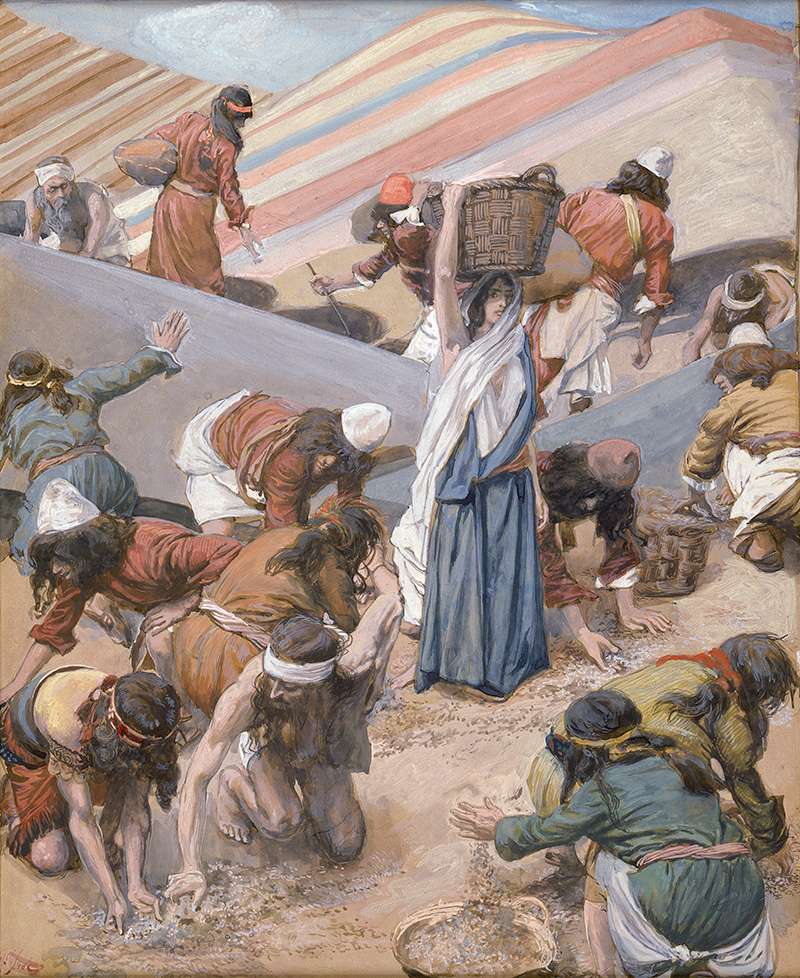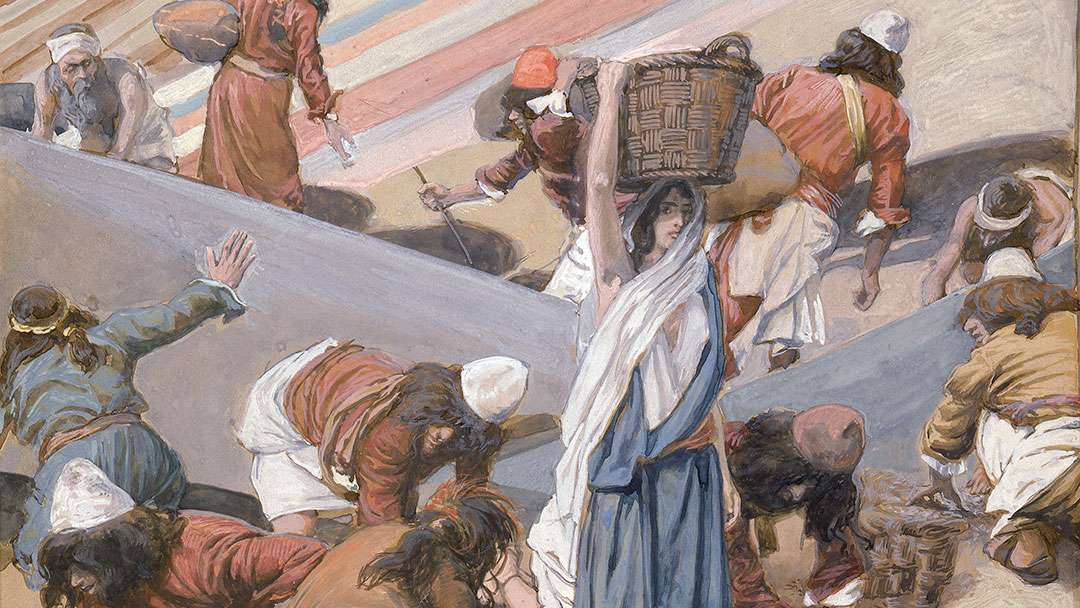In this issue of Israel & Christians Today I am sharing some further pastoral reflections on the Torah portion, or parsha, named Ekev – Deuteronomy 7:12 – 11:25 – which is the 46th weekly Torah portion in the annual Jewish cycle of Torah reading, and read this year on 5 August.Moses, now 120 years of age, continues with his series of farewell messages to the children of Israel as the Promised Land awaits them across the Jordan River.
Moses encourages the Israelites who have survived forty years of wilderness wandering to conquer and settle the land, to trust in God, and to discover the wonderful ways in which He will abundantly bless them. Israel’s experience of these many promised blessings is however dependent upon a number of important conditions that are highlighted in various ways in our text.
We saw earlier that it was true for the children of Israel – and true for every believer – that he shall receive blessing from the Lord who (W-H-O) holds fast to the Word of God, displays true humility, and demonstrates obedience to our Lord.
Our Torah passage develops these three important conditions for experiencing the amazing blessing of our God. We have considered the importance of holding fast to the Word of God, and now explore the significance of a humble heart and an obedient spirit.
In this farewell address to the new generation of God’s people about to enter into the land promised to His people, Moses recalls the hardships the Israelite people faced during their forty years in the desert. Yet, despite everything, they survived – their clothing did not wear out, their feet did not swell, and there was manna to eat.
God graciously watched over them and provided for them. As we read earlier in Deuteronomy 8:3: “He humbled you, allowed you to hunger, and fed you with manna….”
Again and again throughout this parsha Moses stresses to the people that they mustobey the commandments and maintain their faith in God. In so doing, the people will enjoy lives of abundant goodness. But when the blessings come, they must be careful not to take the credit for all their wealth.
“Beware that you do not forget the Lord your God by not keeping His commandments, His judgments, and His statutes which I command you today, lest – when you have eaten and are full, and have built beautiful houses and dwell in them; and when your herds and your flocks multiply, and your silver and your gold are multiplied, and all that you have is multiplied; when your heart is lifted up, and you forget the Lord your God who brought you out of the land of Egypt, from the house of bondage;
The humble really do recognise that all that they have comes from God, and in all that they do they seek to give Him all the glory.
“Who led you through that great and terrible wilderness, in which were fiery serpents and scorpions and thirsty land where there was no water; who brought water for you out of the flinty rock; who fed you in the wilderness with manna, which your fathers did not know, that He might humble you and that He might test you, to do you good in the end – then you say in your heart, ‘My power and the might of my hand have gained me this wealth.’
“And you shall remember the Lord your God, for it is He who gives youpower to get wealth, that He may establish His covenant which He swore to your fathers, as it is this day.” (Deuteronomy 8:11-18)
We tend to feel that when things go well, it is all – or at least mostly – ourdoing, and God may not get much if any of the credit. On the other hand, if things go poorly, we may be tempted to say that it is God’sfault and not ours.
Psalm 149:4 says: For the Lord takes pleasure in His people; He will beautify the humble with salvation. James 4:6 reminds us that “God resists the proud, but gives grace to the humble.”
Writes Adam Lieberman, a Jewish businessman who helps Jews of all backgrounds to see the beauty and relevance of their heritage: “In the same way you don’t take credit for your sparkling blue eyes, the picturesque sunset, or the gorgeous multi-colored rose bush, so too, don’t take credit for your monetary success. Know that the same source of ‘nature’ that surrounds you is the same source of everything else you have. If you can live with this reality, know that you’ll literally be walking with God.”
The idea of “walking with God” has a real appeal to me, and brings to mind the declaration of the prophet Micah: He has shown you, O man, what is good; and what does the Lord require of you but to do justly, to love mercy, and to walk humbly with your God? (Micah 6:8)
The humble really do recognise that all that they have comes from God, and in all that they do they seek to give Him all the glory. But humility goes further than not taking credit for what God alone has accomplished on our behalf. It is more too than not “puffing yourself up” when you are recognised for your achievements.
That reminds me, by the way, of the story of the person who was given a medal for humility – which was promptly taken from him when he walked around wearing it!
Importantly, humility means not being so caught up with our own interests that we care little for others who may need our help and support. Isaiah 57:15 reminds us that the humble heart is in fact the very dwelling place of our caring and compassionate God:
For thus says the High and Lofty One Who inhabits eternity, whose name is Holy: “I dwell in the high and holy place, with him who has a contrite and humble spirit, to revive the spirit of the humble, and to revive the heart of the contrite ones.”
How amazing it is that the infinite, all-powerful, almighty God of all creation is here described as caring intimately for those who are most in need – those who are acutely aware of their need of restoration; the forgotten, marginalised and broken in society.
To care only for ourselves, and maybe also those immediately dependent on us, is simply not God’s way. We’ll return to this thought a little later.
Also at the heart of this Torah portion is the clarion call to the Israelites to be a people who obey their God. In the very first verse (Deuteronomy 7:12) we read: “Then it shall come to pass, because you listen to these judgments, and keep and do them, that the Lord your God will keep with you the covenant and the mercy which He swore to your fathers.”
To be continued.













0 Comments